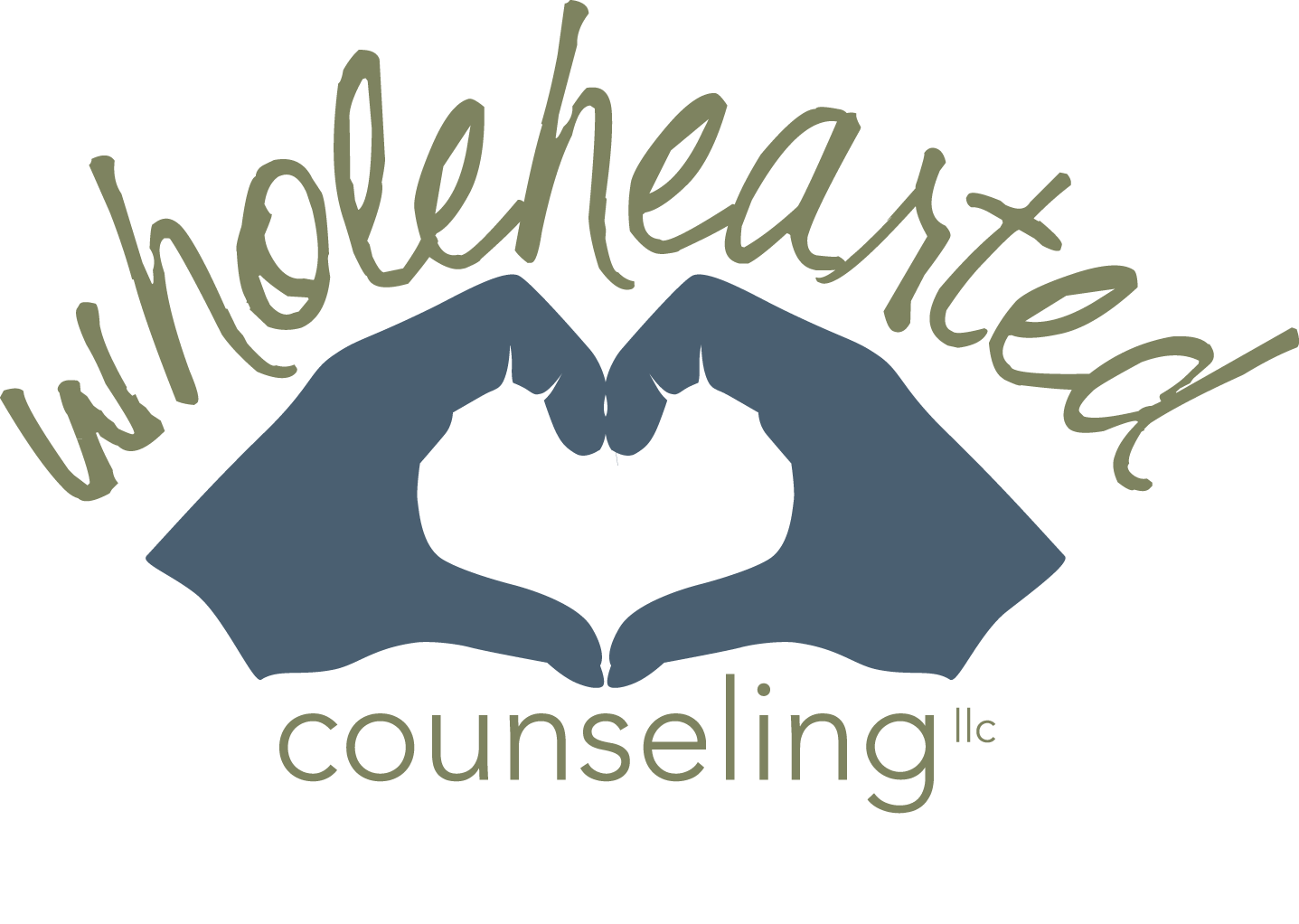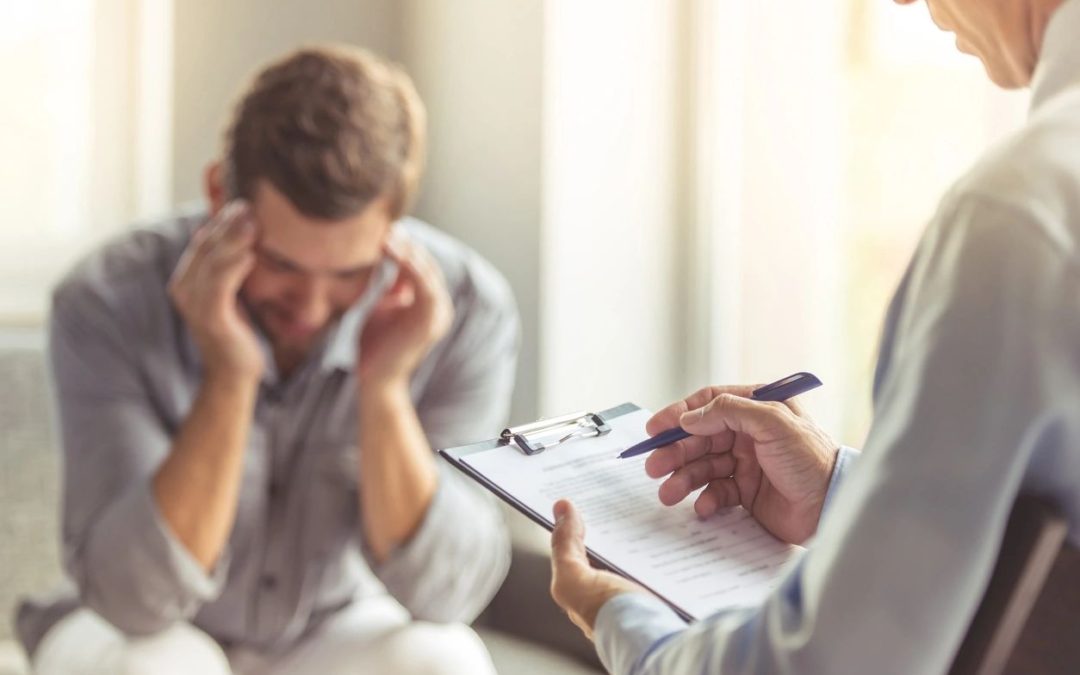STRESS—even reading or saying that word aloud can cause a visceral reaction for many people. According to the American Institute of Stress, in the short term stress can be beneficial; for example, when we are dealing with potentially dangerous and serious situations stress can help us to assess and protect ourselves and provide the much needed release of hormones as well as make our respiratory and cardiac systems respond by increasing our breath and heart rates. At some point after the stressor is gone the levels should return to normal. However, what happens if the stressor doesn’t go away and our body’s levels do not return to normal? Then we have a problem. When our bodies are at those levels and releasing that hormone nearly all the time it can cause serious physiological and psychological damage.
Symptoms of Chronic Stress
Trouble sleeping
Increase or decrease of appetite
Increased irritability/frustration
Confusion/forgetfulness
Headaches
Overreactions to smaller annoyances
Stomach pain/digestive issues
Decrease in work productivity
Increase in anger and outbursts
Sexual dysfunction
Depression
Anxiety
Sadness
Nausea
Chronic pain
These are quite literally just a few of the symptoms of what can happen to our minds and bodies when we are under extreme stress or stress over a prolonged period of time.
We can start to combat prolonged stress even though it isn’t easy. Small moves, a little each day, in what we do can have a cumulative effect on the situation and while it is nearly impossible to remove stress entirely from our lives, we can teach ourselves how to manage it better.
Who can offer me support? These can be friends, family, mentors, spiritual leaders, teachers, colleagues and health care professionals. We all need connections and individuals in our life who are positive, understanding and supportive.
What are some interests and hobbies that I enjoy? Now it is important that these are truly relaxing activities that aren’t about performance, accomplishment or competition. Some examples might include reading, gardening, sitting outside in nature, dancing, meditation, craftwork, going for a walk, listening to music or an audiobook, spending time with our pets, etc.
What is my sleep routine? Be 9 years old again—give yourself a bedtime and stick to it and make an effort to get up at the same time each day as well. Just this act of going to bed and rising in the morning at approximately the same hour can help your day feel more structured; your body will respond to this structure and in turn be more relaxed. Turning off electronic devices an hour before bed to give your mind and your eyes an opportunity to rest and actually relax. This can aid your mind, spirit and body in feeling calmer and more aware.
Am I learning to say “no” to superfluous and needless tasks? That seemingly never-ending “to do list” can be daunting. Looking it over and removing items that aren’t important, aren’t your responsibility or can be delegated elsewhere may be the beginning to the lifelong art of saying “no”. We can so easily and without much effort get caught up in all those to-doings. Teach yourself to say “no” so you can take back your time, your energy and reduce your stress.
Do I need to take time to see a professional? Sometimes we just get to a point where we need someone outside of our immediate support circles. Also, maybe we have just reached a point where we have done all we can do. A mental health professional can provide a much-needed perspective and provide us with different techniques to manage our stress and improve our quality of life.
Stress is a complicated global issue which affects us all. Additionally, stress will more than likely always be a part of our lives, but it doesn’t have to dictate how we live or if and when we thrive. We can enact real change just by asking ourselves the right questions and by playing detective with our own minds and bodies. Paying closer attention and being more aware of how our attitudes, behaviors and physiology changes when we are under stress is an important and necessary step to lessening the grip it has on us and the power and influence it can hold over us. It is those small changes and more importantly our choices we make each day which will have the most lasting benefit to our physical, spiritual and mental health.









